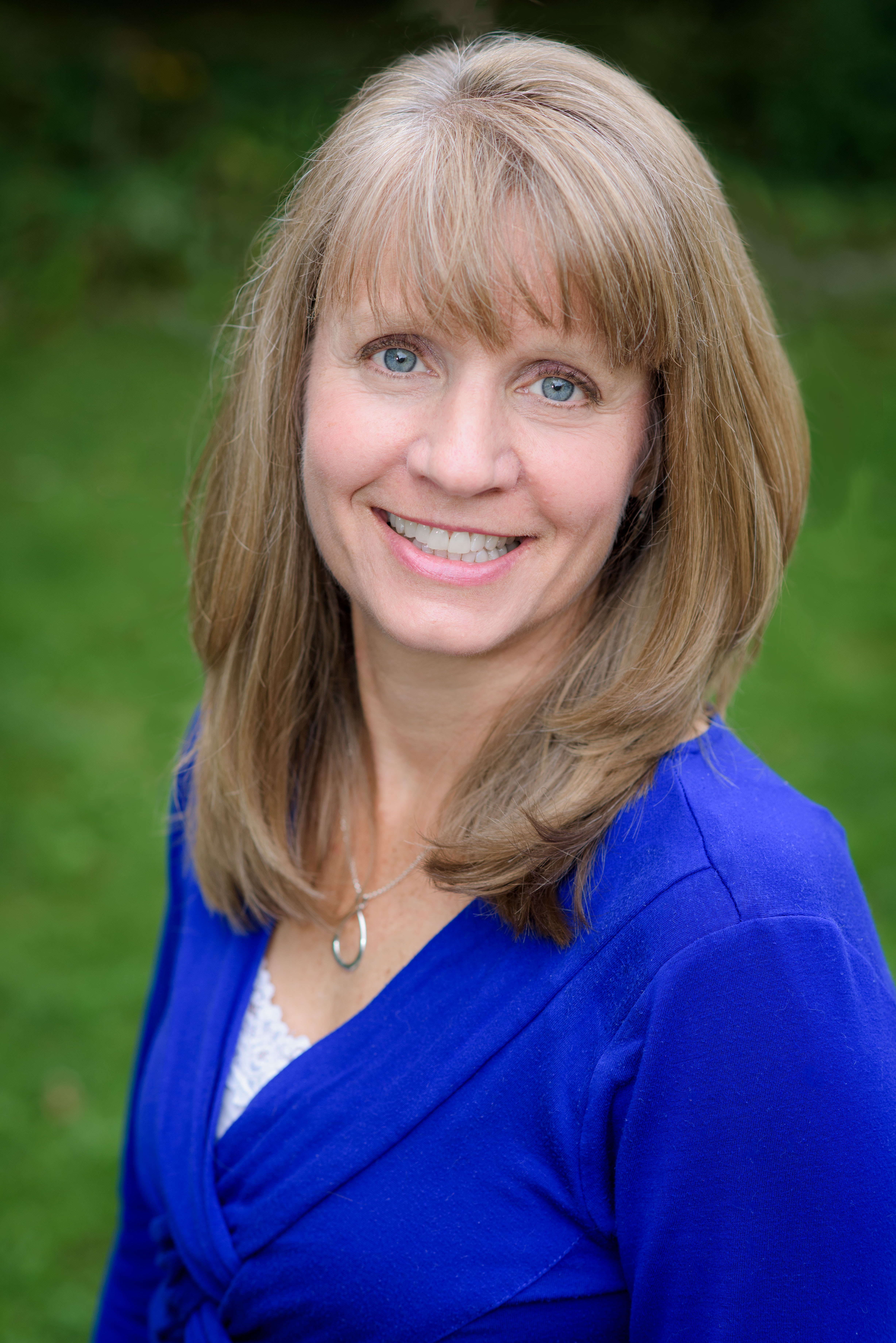ADVOCACY SPOTLIGHT: Julie Cox
 Thursday, August 12, 2021 at 05:46PM
Thursday, August 12, 2021 at 05:46PM This is a series of interviews with influential PANDAS/PANS and Lyme advocates. How do they DO it? How do they contend with their own challenges as well as day-to-day life and advocacy fatigue? What can we learn from these incredible people?
From the hearts of some of the most resilient, hard-working, wanting-to-make-a-difference warriors... I introduce to you: Julie Cox, LCSW.

I have been a warrior since the day my daughter was born. That was 17 years ago. My full-term daughter struggled at birth and was transported to a neonatal ICU (NICU) at a separate hospital from me. I had had a C-section and the hospital where I gave birth did not have a NICU. This separation from my baby when her health was so unstable was traumatic for all of us.
I was in shock for several hours after my daughter was separated from me. After those few hours, my warrior self kicked in and I began to ask questions of the hospital staff: ”Why didn’t they transfer me to be with my baby!?” No one could give me a definitive answer.
When my husband, who was at the other hospital with my daughter, called to tell me that they weren’t sure my daughter was going to survive, my warrior self became stronger, and angry. I believe that anger can be a warrior parent’s best asset. It gives us strength and courage to stand up, speak up and go after what we know is right.
I demanded that I be discharged early so that I could go to the other hospital to be with my daughter. My doctor did not agree to release me immediately, but she did agree to release me early, after a lot of insistence on my part.
When I arrived at the other hospital, my daughter was in the highest level NICU available and her survival was guarded. I knew how important it was for her to hear my voice, so I spoke to her through the incubator. Immediately, she turned towards me, recognizing my voice and reached towards me. Her vitals significantly improved within minutes. The nurses looked surprised, but I wasn’t! All I could think was, “Well of course she is going to do better when she hears her mother’s voice! She has lived inside me all this time and I am the only familiar thing to her!” My daughter’s health continued to stabilize over the next 12 hours, and within 5 days she was discharged to go home.
Little did I know that my daughter’s NICU experience wouldn’t be the end of my warrior experience. I didn’t know then for the next 17 years I would continue to call upon my inner warrior to advocate for my daughter regarding ongoing medical issues, developmental issues, mental health issues, academic issues and social issues.
What has kept me going as a warrior for these past 17 years is my personal belief that every child deserves the opportunity to have a good life. It doesn’t have to be a perfect life, but all kids need to know that someone worked their hardest to give them the best chance to have a good life.
This belief that all kids deserve a chance at a good life led me to dedicate my therapy practice to children and families, including many PANDAS/PANS/Lyme families. To this day, I continue to feel a need to assure other parents and kids that they are not alone, and since I have walked much of this path already, I will be there to guide them and help them.
One important piece of advice that I give warrior parents is to find ways to support yourself while you support your PANDAS/PANS child/children. One way to do this is to be part of the many Facebook groups dedicated to PANDAS/PANS. Connect with the parents in the group, reach out to them, ask to private message them, and if you connect, make time to talk on the phone or meet up if you are local to each other. This has made a world of difference for myself and so many warrior parents.
The stronger our PANDAS/PANS communities are, the more we will be able to enact change. Not only is there strength in numbers, but also, giving and receiving support from each other strengthens our resilience as warriors.
*****
Note: Being a long-time warrior has led Julie to learn numerous therapy approaches to help kids and families. These therapy approaches include ERP (Exposure and Response Prevention) for OCD and EMDR (Eye Movement Desensitization and Reprocessing) for anxiety, trauma, phobias and grief. She is also trained in DBT (Dialectical Behavior Therapy) for kids, teens and families to learn how to handle big emotions, and play therapy/sand tray work to help kids process feelings when words aren’t available or the best approach.
Outside of her therapy practice, Julie created a Facebook group for parents of kids with PANDAS/PANS to come together and support each other called Parenting with PANS hosted by Julie Cox. Her website www.parentingwithpans.com also provides resources, blogs and an upcoming course for PANDAS/PANS parents.
Reader Comments